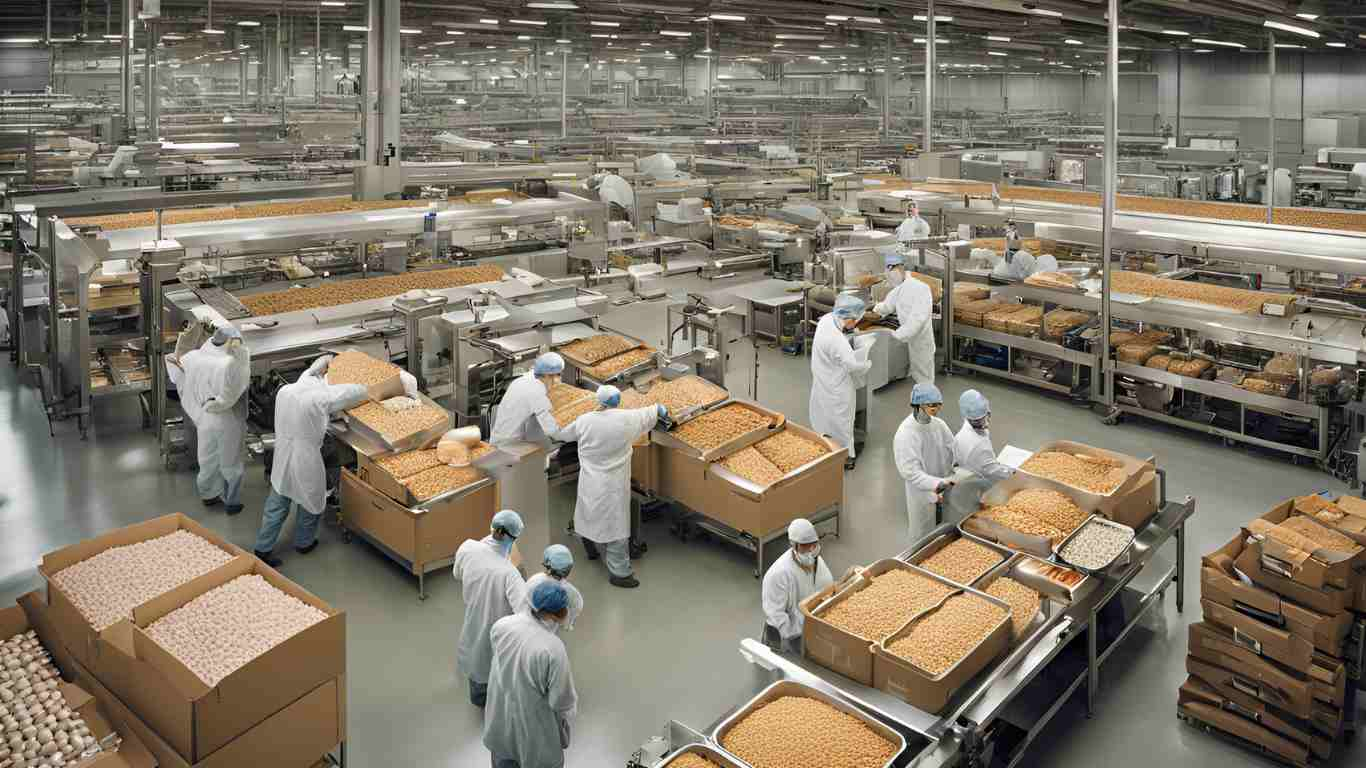The need to protect food resources from pests has been a challenge throughout human history. Historically, pest control was reactive, focusing on immediate issues without long-term strategies. Even as recently as the 20th century, eradication was the main method for dealing with pest problems. However, experts soon realized that managing pests through strategic control measures, rather than total elimination, was a more effective approach. This led to the development of Integrated Pest Management in Food, a method that continues to evolve and improve today.
In food manufacturing, warehouses, and distribution centers, IPM programs are critical. Some companies handle their IPM programs internally, but the majority work with professional pest control providers. In both cases, a pest management professional (PMP) works closely with the facility team to oversee the IPM program.
Nest Fumigation Services, the leading pest control service provider in Karachi, offers expertise in managing IPM programs. With years of experience, Nest Fumigation Services helps businesses keep pests at bay while ensuring compliance with industry regulations.
Pest Control vs. Integrated Pest Management in Food Manufacturing
What differentiates traditional pest control from Integrated Pest Management IPM? Traditional pest control typically involves reacting to visible pests—“see a bug, kill a bug”—without addressing the underlying causes of infestations. Facilities that rely on this approach often use large amounts of pesticides and neglect preventative measures such as proper housekeeping and maintenance. Signs of these programs are evident in poor facility upkeep, such as piles of trash, overgrown shrubs, and standing water.
In contrast, IPM is a proactive approach that focuses on long-term prevention. Facilities that adopt IPM partner with professionals like Nest Fumigation Services to implement a layered defense against pests, minimizing the use of harmful chemicals and addressing the root causes of infestations.
Key Strategies for a Robust Integrated Pest Management IPM Program
A well-designed IPM program includes multiple layers of pest defense:
- Exclusion: Preventing pests from entering the facility by maintaining strong physical barriers.
- Restriction: Eliminating food, water, and shelter that pests need to survive by keeping the facility clean and well-organized.
- Control: Removing existing pests through non-chemical means, such as traps and environmental management.
Exclusion and Restriction Techniques
Preventing pests from accessing a facility is key to any IPM program. Nest Fumigation Services implements the following exclusion and restriction strategies to protect facilities:
- Maintaining landscaping to ensure vegetation does not grow near the building.
- Using outdoor lighting that does not attract insects.
- Storing items properly outside to avoid creating pest harborages.
- Eliminating standing water and removing trash and debris.
- Sealing cracks and gaps around windows, doors, and other entry points.
Inside the facility, Nest Fumigation Services emphasizes sanitation and proper storage practices:
- Keeping storage areas clean and organized.
- Regularly inspecting pest control devices and ensuring they function properly.
- Managing air pressure to prevent pests from entering sensitive areas.
IPM Devices and Pest Control Layers
For rodent and insect control, IPM relies on a layered defense. Nest Fumigation Services places rodent bait stations and traps at strategic points around and inside the facility. Insect light traps (ILTs) are installed to lure and capture insects before they reach critical areas. Regular inspections ensure these devices work effectively.
The Role of Everyone in IPM
An effective IPM program involves all employees in the pest prevention process. Nest Fumigation Services ensures that all staff understand their role in pest management through training and regular reminders. Some responsibilities include:
- Keeping work areas clean and organized.
- Inspecting incoming materials for pests.
- Storing items properly to prevent infestations.
- Reporting any pest sightings or signs of infestations.
Common Pitfalls in IPM Programs
Even the best IPM programs can fail if not properly managed. Some common issues include:
- Allowing the program to run on autopilot without regular reviews or updates.
- Failing to take corrective action based on PMP reports.
- Over-reliance on pesticides instead of proactive pest prevention.
- Inadequate documentation and insufficient staff training.
Nest Fumigation Services helps facilities avoid these pitfalls by providing ongoing support and ensuring the IPM program is consistently maintained.
Pesticides in IPM
While pesticides are sometimes necessary, they should be used sparingly and only when other methods fail. Nest Fumigation Services works closely with clients to develop a Master Approved Pesticide List (MAPL), ensuring that only approved products are used, and in compliance with all local regulations.
Conclusion
Modern food manufacturing facilities need comprehensive IPM programs to effectively manage pests while minimizing risks to food safety. Nest Fumigation Services in Karachi provides top-notch pest control solutions tailored to meet the specific needs of each facility. By focusing on exclusion, restriction, and control, Nest Fumigation Services helps businesses create pest-free environments without over-reliance on pesticides.
With a commitment to delivering the best pest management solutions in Karachi, Nest Fumigation Services ensures that your facility remains protected against pests, allowing you to focus on what matters most—your business.
Termite Fumigation in Malir Cantonment Karachi: Protect Your Property from Destructive Pests




